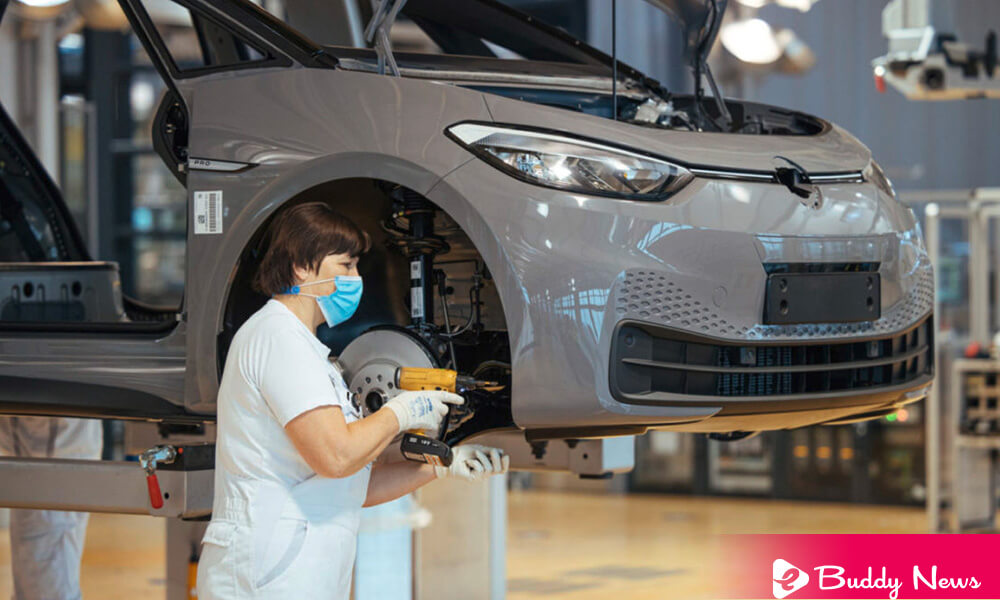Due To Chips Shortage Spanish Car Plants Forces To Stop

The impact of the chips shortage on the auto industry pointed to unimaginable proportions when the forces to stop car plants due to lack of supply began. What seemed to be punctual is setting the pace in practically all producing countries, and the demand for this small element is skyrocketing, in part also to try to have sufficient stock for the future.
Such is the demand that the volume of semiconductors that global automakers request would allow them to build a significant number of vehicles when supply problems ease. Based on Media newspaper on orders from the largest manufacturer, chipmaker Europe, Infineon.
According to Moody’s agency, the previous record was reached in 2018, delivering 95 million cars and trucks. Since then, the global car market has contracted. The shortage of microchips, which has led to the partial closure of plants worldwide, could cause global car production to fall to 77 million in 2021, almost 8 million units less than what was forecast before the crisis, according to AlixPartners.
“If these numbers are representative, then the total orders would represent a demand for cars of between 110 and 120 million,” explained Reinhard Ploss, CEO of Infineon. The executive did not suggest that manufacturers were stockpiling semiconductors to avoid further shortages. But they cautioned that it was very difficult to assess whether this demand would continue once the crisis eased. He specified that an important part of the orders is an update, and the other thing is the additional demand of the buyers.
Opel Closes A Plant Until Crisis Over
A crisis of chips shortage occurs that leads to continuous adjustments in the production of the car plants with partial forces to stop of the same. However, the evolution of this crisis has already led a European manufacturer, Opel, to announce the closure. It is one of its plants in Eisenach (Germany) for the remainder of the year. It is the first manufacturer to announce such a long-term closure due to the exceptional situation generated first by the pandemic and, now, by the global shortage of semiconductors.
The car group Stellantis, to which Opel belongs after the merger of the Italian FCA and the French PSA, plans to carry out significant production adjustments. The Eisenach factory’s temporary closure, assembled for the Grandland model of the SUV segment is assembled, affects 1,300 employees, who will benefit from an ERTE.
The latest data in Spain are not exactly encouraging either. The lack of chips continues to reduce the production capacity of car manufacturers. That has caused the registrations of passenger cars and SUVs to fall again in September for the third consecutive month and fall by 15, 7% year-on-year, to 59,641 units.
For Anfac, the lack of chips, the evolution of the pandemic, and the uncertainty of consumers. The economic crisis will evolve caused a market fall much worse than predicted at the beginning of the year. That is without seeing a short-term solution to the semiconductor shortage, with no recovery of momentum expected in the last quarter.
Enough stock doesn’t have with the dealers to meet the demand. From their employers, Ganvam, the runaway rise in the price of raw materials and logistics costs is also pointed out as responsible for these bad data, especially of transport by sea.














